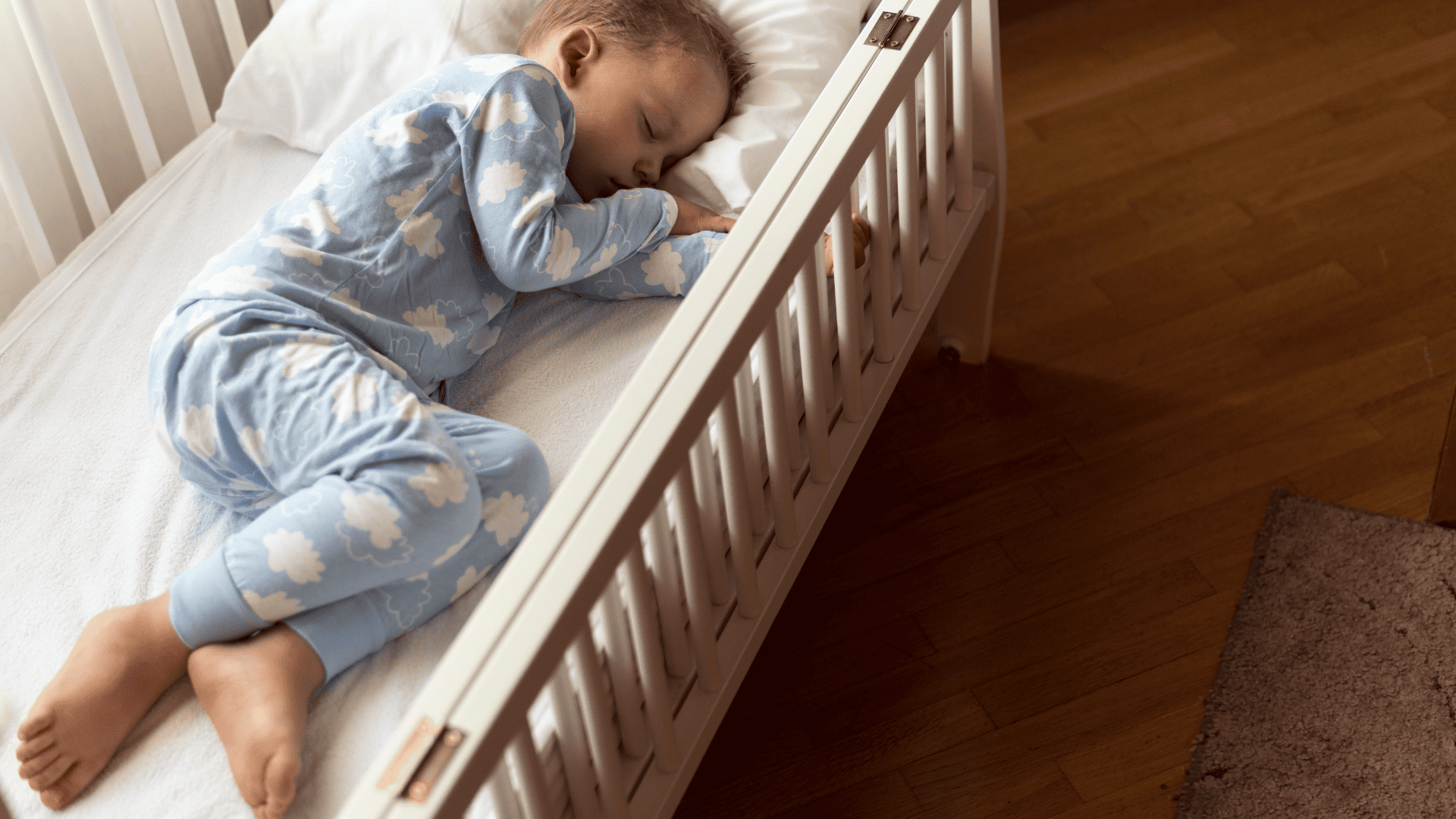This is one of the most frequently asked questions in our Dutch Support Group and in our inbox. How do I get my child to stay dry at night? Unfortunately, you can’t teach this as easily as daytime potty training. Nighttime dryness usually follows after a child is potty trained during the day, but it may take a bit more time and patience.
Some children may not achieve nighttime dryness until the age of 6 or 7, so don’t be discouraged if it takes a while even after your child has become potty trained during the day. The reason children become dry at night later is because they don’t yet have control over their bodies while they sleep and often release urine without being aware of it. In this blog, we’ve compiled some helpful tips that can encourage nighttime dryness.
Tip 1: Patience and understanding:
It’s important to be patient and understanding if you want to teach your child to stay dry at night. Every child develops at their own pace, just like with daytime dryness, and it’s perfectly normal for nighttime dryness to take longer. Be patient and give your child the time they need to develop this skill. If your child has a dry night, react enthusiastically and reward them.
Tip 2: Limit evening drinks:
To reduce the risk of bedwetting, it’s wise to limit fluid intake in the evening. Encourage your child to take a final sip about an hour before bedtime. This helps empty the bladder before going to bed.
Tip 3: Use bedwetting alarms:
Bedwetting alarms can be useful in promoting nighttime dryness, but we recommend using them only if the other tips don’t work. These devices detect moisture and emit a sound signal when your child starts urinating. This helps your child wake up and go to the toilet. Below, we provide you with the advantages and disadvantages of using a bedwetting alarm:
Advantages of a bedwetting alarm:
Effectiveness: Bedwetting alarms are considered one of the most effective methods for nighttime potty training. They help children become aware of their bladder and recognize the urge to urinate, prompting them to wake up and go to the toilet. Independence: Using a bedwetting alarm encourages children to respond independently to the sound signal and go to the toilet. This fosters a sense of responsibility and self-confidence in their ability to stay dry at night.
Positive reinforcement: The success of a bedwetting alarm is often rewarded and positively reinforced, which can contribute to the child’s motivation and self-confidence during the potty training process.
Disadvantages of a bedwetting alarm:
Sleep disruption: The sound signal of the bedwetting alarm can disrupt the child’s sleep and that of other family members. While the goal is to wake the child up, this may affect a good night’s sleep and make it harder to fall back asleep. Adjustment time to the bedwetting alarm: Some children may need time to get used to the sound and learn how to respond to the bedwetting alarm. In the beginning, there may be more accidents before the child fully understands and can respond to the system.
Limited effectiveness for deep sleepers: Children who sleep deeply may be less responsive to the sound of the bedwetting alarm. In some cases, it may be necessary to consider an alternative method.
Dependency: In some cases, a child may become dependent on the bedwetting alarm to wake up and go to the toilet at night. It’s important to gradually reduce the use of the bedwetting alarm once the child consistently stays dry to avoid continued dependence. Tip 5: Ensure a Peaceful and Comfortable Sleeping Environment:
A calm and comfortable sleeping environment can contribute to success in achieving nighttime dryness. Provide a dark, quiet, and pleasant bedroom where your child feels safe and relaxed. This can help reduce any fears or discomfort that may contribute to bedwetting. Additionally, establishing a bedtime routine or ritual is also beneficial to help your child go to bed peacefully.
Tip 6: encourage nighttime toilet visits:
Encourage your child to use the toilet twice before bedtime and promote nighttime toilet visits when they need to urinate during the night. You can have your child use the toilet both before and after the bedtime ritual and encourage them to get up at night when they feel the urge. This can increase their awareness and help them stay dry at night.
We hope you find these tips helpful! Don’t forget to follow our Instagram and Facebook pages for more tips.


